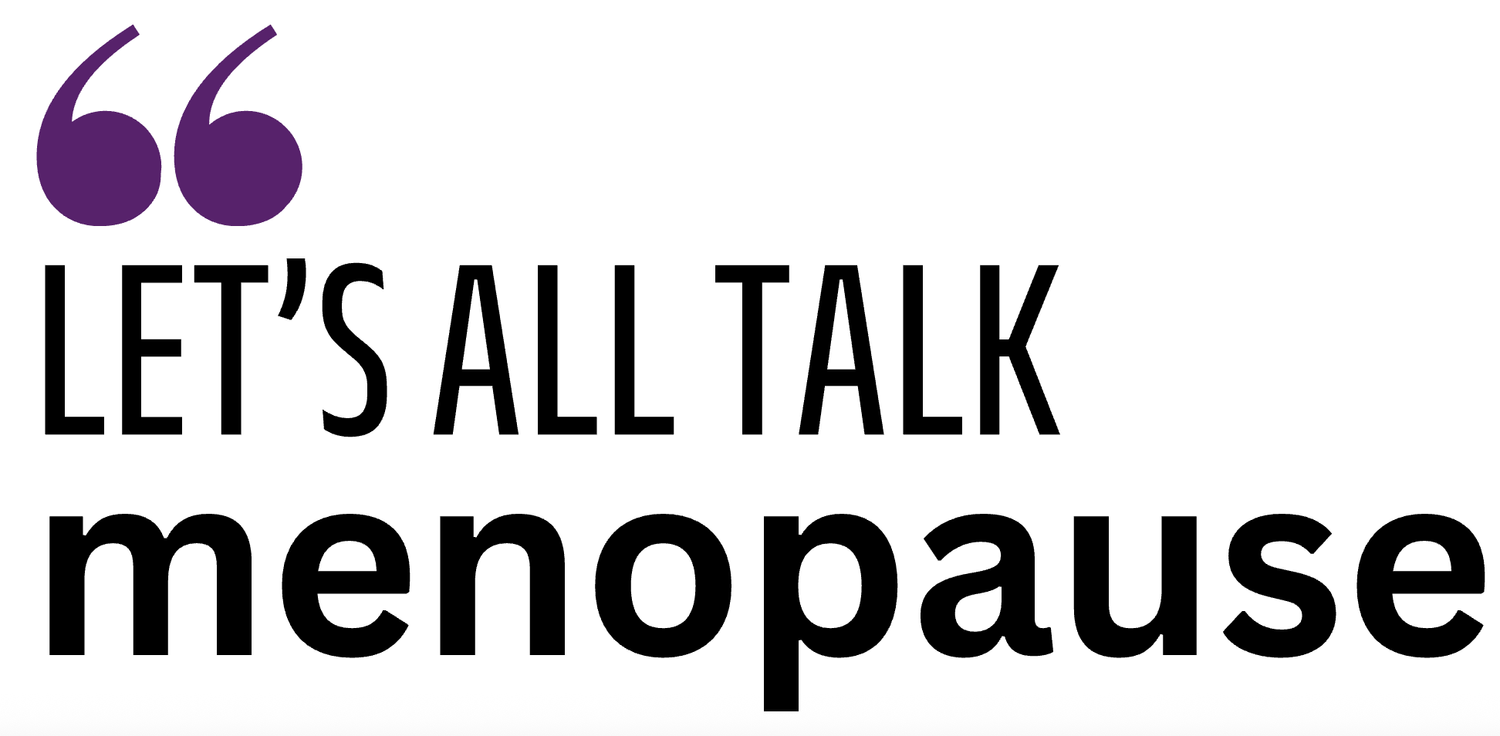Navigating Relationships Through Menopause with Dr Angela Sharma
Menopause isn't just hot flushes and mood swings; it's a time of deep personal change that can shake up relationships. Whether it's with your partner, kids, or colleagues, the shift in your hormones can stir up emotions and reactions that feel like they're out of your control.
“Menopause is like puberty in reverse and you are extremes… the same things are going on. It's just for one the hormones are going up, and the other, the hormones are going down.”
It's Not Just You
Your partner might be puzzled by the changes they see in you. It's important to have a heart-to-heart and let them know what's going on. The same goes for your kids, especially if they're teenagers dealing with their own hormone rollercoaster. Open up about what menopause feels like for you. It can turn a shouting match into a moment of understanding.
Work Woes
At work, menopause can make you feel like you're wading through fog. It's tough, but don't suffer in silence. Talk to your boss or HR about what you're going through. More workplaces are getting clued up on menopause, and you might be surprised at the support you can get.
“One of the most important things is to be heard, and for your symptoms to be validated and forsomeone not to dismiss the symptoms or say that they're not real because they're definitely real.”
Let's Talk About... Intimacy
When it comes to intimacy, menopause can throw a wrench in the works. It's okay to admit that your sex drive isn't what it used to be. The key is to chat about it with your partner. Sometimes, just starting the conversation can lead to solutions you hadn't thought of, like trying different ways to be close or seeking help from a therapist.
“There's a lot of shame involved around sexual feelings and asking for what we want. And anembarrassment as well about some of the symptoms that women are going through during menopause.”
Finding Your Squad
If your partner or friends aren't up for talking about menopause, look for support elsewhere. There are tonnes of resources out there—from books to online communities. You're definitely not alone in this.
Take Care of You
Above all, put yourself first. Menopause is a time to focus on self-care. If you're feeling off, see your doctor, consider hormone therapy, or find a therapist. And remember, it's okay to step back and take a breather when things get heated at home.
Menopause is a big deal, but with a little understanding and a lot of talking, you can keep your relationships strong and even find new depths to them.
